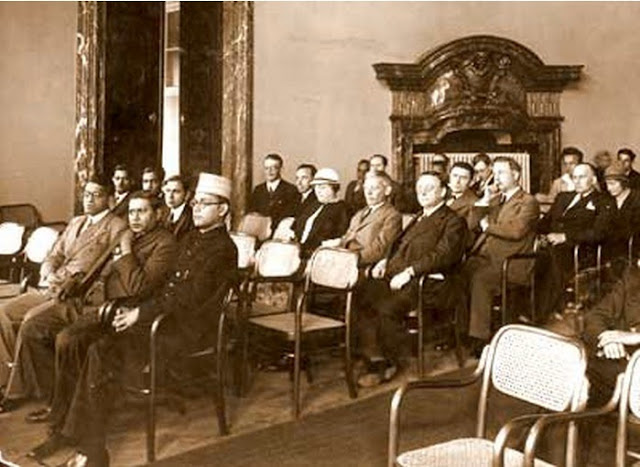 |
| Image courtesy: impawards.com |
With the tragedy of Sushant Singh Rajput's death getting our attention in the last few days, I wanted share a few thoughts around getting our young minds back on track. This case caught my attention in particular since the actor was about my age.
At the time of writing, the circumstances around his death are still being investigated, but I am relying on the working theory that he took his life. Let us ignore the particulars of this unfortunate celebrity and his life, and instead focus on common boys and girls, men and women.
We see reports from time to time about violent reactions to failure or embarrassment - taking one's life due to an exam fail, boy throwing acid on the girl who spurned him, etc. To these, one might add related violent incidents like rape, recording a girl privately, etc which may be due to heightened libido among others. Why do some commit such actions (crimes, really)? Why is there a general increase in the incidence of such immorality and crimes? Who is at fault? How can we safeguard against them?
One of the common reactions to depression and the like is this: "let there be no stigma in getting professional help." I'm sorry, but going to a psychiatrist is always the trivial solution and doesn't help with the root causes one bit.
Here are 10 'root cause' questions that I think we need to answer and act on, not as individuals but as a society, for it is societal mores that may be far more important in shaping individuals and our collective destiny:
- Is a perception of success more important than self-fulfillment?
- Is a glamorous, high paying job more important than meaningful, decent paying work?
- Is one encouraged to jump ship when there are setbacks or to stay the course - whether in a job or in personal relationships?
- Are impermanent and instant gratification more important than long-term, sustainable institution and relationship building -- whether in a job or in personal relationships?
- Is consumption of mainstream entertainment of the libido-heightening variety really doing any good?
- Also, is it important for individuals to be truly part of our culture, rather than merely couch-potato consume what is dished out to them?
- Are the majority of romantic relationships in teenage years anything more than looks-based?
- Does there have to be a named bully for one to feel bullied, or can society and its norms be that bully?
- Have greater privacy and relationship freedom been worthwhile for an individual, and are they making for greater health and happiness?
- What do we want the role of man and woman in the family to be for the benefit of us and our future generations? How have the changes in the past 50 years of both man and woman chasing money and equality worked out for society?
- Are friendships that are beyond just having a good time important?
- Are looking good and doing things that are glamorous more important than pursuing true fulfillment and happiness?
- Is there value to spirituality and enlightenment when young, or is that to be reserved for retirement?
If we don't, media companies and their 'content' will.
If we don't, dominant cultures with soft-power (especially America) will.
If we don't, multinational corporations and their products will.
If we don't, our own profit motive will.
...
...
To be sure, I am not advocating command and control or a rigid society. I am, however, advocating deliberate (re)design of society and its constituents in a manner that is sustainable and healthy on all fronts. You know, so we don't need to make a psychiatrist an essential commodity.




















